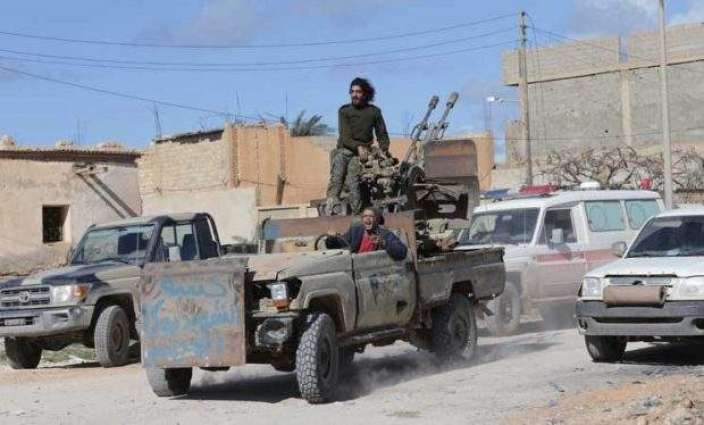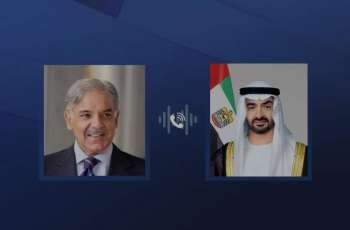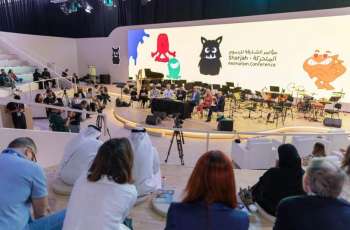Libya's eastern government is concerned with the fact that the upcoming Berlin conference on the Libyan peace process envisions the establishment of a committee that would comprise various Libyan factions and choose the country's future leadership, insisting that the Tobruk-based House of Representatives should have the absolute role in such decision-making process, Aref Ali Nayed, an envoy for the eastern Libyan government, told Sputnik in an exclusive interview
MOSCOW (Pakistan Point News / Sputnik - 25th December, 2019) Libya's eastern government is concerned with the fact that the upcoming Berlin conference on the Libyan peace process envisions the establishment of a committee that would comprise various Libyan factions and choose the country's future leadership, insisting that the Tobruk-based House of Representatives should have the absolute role in such decision-making process, Aref Ali Nayed, an envoy for the eastern Libyan government, told Sputnik in an exclusive interview.
UN special representative in Libya Ghassan Salame said in November that one of the major outcomes of the Berlin conference, which is expected to take place in January, would be the establishment of a follow-up committee that would work with the United Nations Support Mission in Libya (UNSMIL) to implement the conference's decisions.
"Another very important shortcoming [of the Berlin conference] is this envisioning of a kind of a committee that will choose the leadership of the country for the next period. This committee is supposed to consist of 13 people from the House of Representatives, 13 from the State Council and 13 chosen by UNSMIL ... We believe that the Libyan Parliament should have a hundred percent of the decision on who to appoint as Prime Minister and they should not be reduced to less than a third in this scheme," Nayed said.
The Tobruk-based government is also concerned that the rival Government of National Accord (GNA) would be able to push candidates aligned with it in the third 13-person basket, and would therefore "dominate the committee and dominate the country for another few years."
Libya is currently experiencing a severe political crisis and conflict that stems from the 2011 ousting of former leader Muammar Gaddafi. The GNA and the Libyan National Army, led by Field Marshal Khalifa Haftar and aligned with the Tobruk-based government, are battling for political control. On December 12, Haftar announced that the Libyan National Army was commencing a final offensive to gain control of the Libyan capital of Tripoli, which is currently under the GNA's control.




